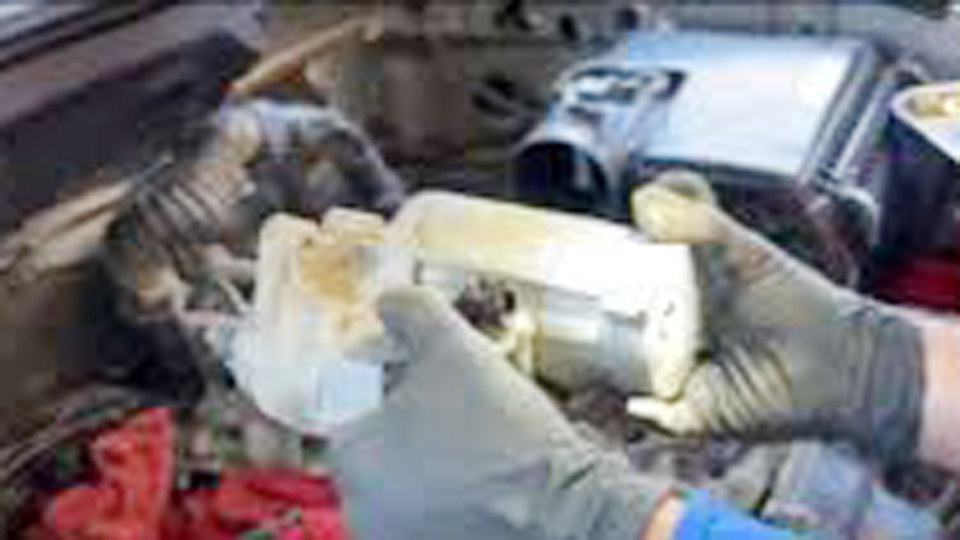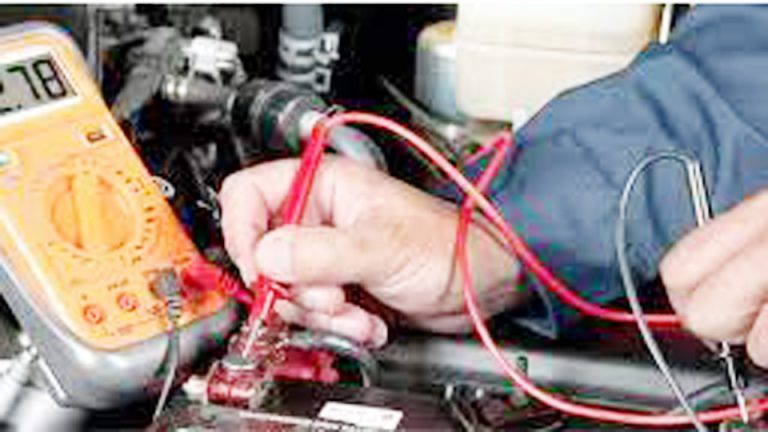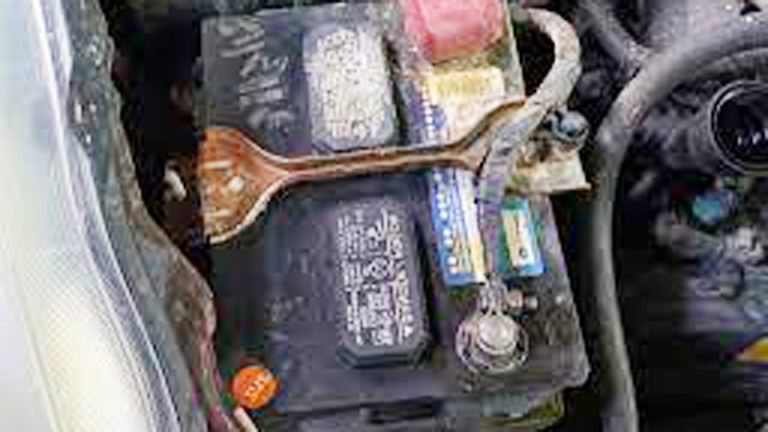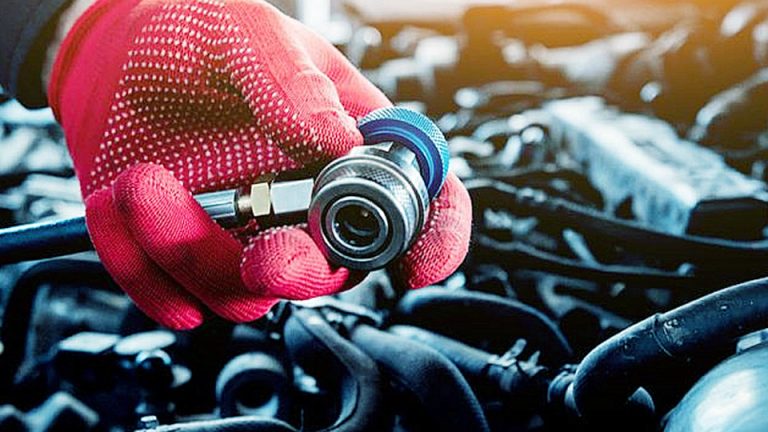I still remember the sinking feeling when I turned the key in my 2008 Ford Focus and got nothing but a faint clicking sound. It was early morning, and I was already running late for a meeting. The engine wouldn’t crank, the dashboard lights were dim, and I knew I was in for a car repair adventure.
After some quick troubleshooting, I figured out the starter was to blame. If you’re wondering, “How long should it take to replace a starter?” I’ve been through it, and I’m here to share my story. From diagnosing the issue to getting back on the road, the process took about two hours at a shop, but there’s a lot more to it than just the time under the hood.
Replacing a starter isn’t just about swapping a part—it’s about understanding what’s gone wrong, deciding whether to tackle it yourself or hire a pro, and making sure you don’t get stuck again. I’ll walk you through my experience, including the challenges, costs, and lessons I learned, so you can feel confident handling your own starter replacement.

Image by carbuzz
Starter’s Role in Your Car
Before I dive into the repair, let’s talk about what a starter does. In my Focus, the starter is a small but mighty electric motor that gets the engine turning when you turn the key (or push the start button in newer cars).
It engages with the flywheel, cranks the engine, and then disengages once the engine is running. When it fails, your car won’t start, plain and simple. For me, the telltale sign was that clicking noise—almost like the car was trying to say, “I’m trying, but I can’t!”
I’d dealt with battery issues before, so I initially thought that was the problem. But after jumping the car and still getting no crank, I knew it was deeper. The starter is a critical piece of the puzzle, and when it goes bad, you’re not going anywhere until it’s fixed.
Diagnosing the Starter Issue: My First Steps
When my car wouldn’t start, I didn’t panic right away. I’ve always enjoyed tinkering with cars, so I grabbed my toolbox and started troubleshooting in my driveway. First, I checked the battery with a multimeter. It read 12.5 volts, which is normal for a charged battery. I also made sure the terminals were clean and tight—no corrosion or loose connections.
Next, I tried turning the key again and listened closely. That rapid clicking sound was a dead giveaway that the starter wasn’t engaging properly.
To be sure, I tapped the starter gently with a hammer while a friend turned the key. This old trick sometimes works if the starter’s solenoid is stuck, but no luck for me. I also checked the starter relay by swapping it with another relay in the fuse box—still no change.
At that point, I was pretty sure the starter motor itself was shot. If you’re hearing similar symptoms—like a click instead of a crank or no sound at all—it’s worth checking the starter before assuming it’s the battery or alternator.
Deciding Between DIY and a Professional Fix
Once I confirmed the starter was the issue, I had to decide: do I replace it myself or take it to a shop? I’ve done my share of car repairs—brake pads, oil changes, even a thermostat swap—so I wasn’t afraid of getting my hands dirty.
But I also knew starters can be tricky, especially in a car like my Focus, where the engine bay is tighter than a sardine can. After some thought, I opted for a professional mechanic because I needed the car back fast, and I didn’t have a jack stand or the right socket set for the job.
If you’re thinking about replacing the starter yourself, here’s what I learned from researching and talking to buddies who’ve done it. The job usually takes 1–3 hours, depending on your car and skill level. For my Focus, the starter is located under the intake manifold, so you need to remove a few bolts and possibly some wiring harnesses.
You’ll need tools like a socket set, wrenches, and maybe a breaker bar for stubborn bolts. The biggest hassle is access—some cars require you to jack up the vehicle or remove other components to reach the starter.
Going to a mechanic typically means a 1–2 hour job, plus some wait time for scheduling or parts. I called around and got quotes ranging from $250 to $450, including parts and labor. The starter itself costs $80–$200, depending on whether you go for a rebuilt unit or a new OEM part. Labor rates in my area hovered around $90–$120 per hour, which added up quickly.
My Experience at the Auto Shop
I took my Focus to a local shop I’d used before for an alignment. They had a solid reputation, and I trusted them to do the job right. When I dropped off the car, I explained the symptoms: no crank, clicking noise, and a healthy battery.
The mechanic nodded and said he’d seen it a hundred times. He did a quick test with a scan tool to rule out other issues, then confirmed the starter was bad by testing the voltage at the starter solenoid. It was a relief to know I wasn’t mis(decision point) throwing money at a guess.
The replacement itself took about 1.5 hours. They had a remanufactured starter in stock, which saved me from waiting for a part to be ordered. While I waited in the shop’s lounge, sipping terrible coffee, I overheard the mechanics talking about how some cars—like certain Chryslers or SUVs—can take longer because the starter is buried under other components.
For my Focus, it was a relatively simple job: disconnect the battery, remove the old starter, bolt in the new one, and reconnect everything. They also checked the flywheel for damage, which I appreciated since a worn flywheel can chew up a new starter.
The total cost was $380—$120 for the starter, $220 for labor, and a few bucks for shop fees. It wasn’t cheap, but I felt good knowing the car was fixed properly. When I picked it up, the mechanic showed me the old starter, which had worn-out brushes and a burned-out solenoid. The new one cranked the engine like a dream, and I was back on the road by lunchtime.
Factors That Affect Starter Replacement Time
From my experience and chats with the mechanic, several things can change how long it takes to replace a starter. Here’s what I found:
Car Make and Model: Some cars have starters that are easy to reach, like my Focus. Others, like some trucks or luxury vehicles, have starters tucked away in hard-to-access spots, which can add an hour or more to the job.
Mechanic’s Skill: A pro who’s done this before will breeze through it. My guy had years of experience, so he made quick work of it. A less experienced mechanic might take longer.
Parts Availability: If the shop has the right starter in stock, you’re looking at a same-day fix. If they need to order one, especially for an older or rare car, you could wait a day or two.
DIY Challenges: If you go the DIY route, expect extra time for gathering tools, watching tutorials, or dealing with rusted bolts. A friend who replaced the starter on his Chevy Malibu said it took him three hours, mostly because one bolt was stuck.
Here’s a table to break down the differences between DIY and professional replacement, based on my research:
| Aspect | DIY Replacement | Professional Replacement |
|---|---|---|
| Time | 1–3 hours, depending on skill | 1–2 hours, plus wait time |
| Cost | $80–$200 (part only) | $250–$450 (part + labor) |
| Tools Needed | Socket set, wrenches, jack stands | None (shop provides tools) |
| Risk | Risk of damaging flywheel or wiring | Low with a reputable shop |
| Experience Level | Moderate mechanical skills needed | No experience required |
Challenges I Faced and How to Avoid Them
Even though I didn’t do the replacement myself, I hit a few bumps along the way that are worth sharing. First, I ignored the early warning signs—like occasional slow cranks—for too long. By the time the starter fully failed, I was stuck in a parking lot and had to get a tow. If I’d acted sooner, I could’ve saved myself the hassle.
Another issue was choosing the right part. I saw some cheap aftermarket starters online for as low as $50, but my mechanic warned me they often fail quickly. He recommended a remanufactured unit from a trusted brand with a solid warranty, which cost more but has held up for over a year now. If you’re shopping for a starter, check the warranty and stick to reputable brands.
Finally, I learned to ask the right questions at the shop. One place I called quoted me $500 without breaking down the costs, which felt shady. I went with a shop that was upfront about parts, labor, and what they’d check after the repair. Always get a detailed quote to avoid surprises.
Tips for a Smooth Starter Replacement
Looking back, I picked up some practical tips that made the process easier. Here’s what I’d tell a friend facing the same issue:
Diagnose First: Don’t assume it’s the starter. Check the battery, connections, and relay first. A quick trip to an auto parts store for a free test can save you from guessing wrong.
Get Multiple Quotes: I called three shops and saved about $70 by comparing prices. Ask about the starter’s brand, warranty, and what’s included in the labor cost.
DIY with Caution: If you’ve got the tools and time, replacing a starter yourself can save money. But watch a few videos specific to your car model first, and have a breaker bar ready for stuck bolts.
Inspect Related Parts: The starter works with the flywheel and battery, so ask your mechanic to check them for wear. Replacing a worn flywheel at the same time can prevent future issues.
Maintain Your Car: I could’ve extended my starter’s life by keeping my battery terminals clean and checking for loose connections regularly. A little maintenance goes a long way.
Frequently Asked Questions – How Long Should It Take to Replace a Starter
What are the signs of a bad starter?
When my starter went bad, I heard a clicking noise when I turned the key, and the engine wouldn’t crank. The dashboard lights were dim, and the car wouldn’t start even with a jump. If you notice these symptoms, test the battery first, then check the starter.
How much does it cost to replace a starter?
My starter replacement cost $380, including parts and labor. Depending on your car and the shop, expect to pay $250–$450. Doing it yourself can cost $80–$200 for the part alone, but you’ll need tools and time.
Can I drive with a failing starter?
I tried driving my car after noticing slow cranks, and it left me stranded. A bad starter means your car won’t start reliably, so get it fixed as soon as you notice issues to avoid being stuck.
How long does a starter last?
My mechanic said starters typically last 100,000–150,000 miles or 7–10 years. Mine failed around 110,000 miles, which is about average for a Ford Focus. Regular maintenance can help it last longer.
Is it worth replacing the starter myself?
I thought about doing the job myself but chose a shop because I needed it done fast. If you’re handy and have a socket set, jack stands, and a few hours, DIY can save you money. Just make sure you’re comfortable with tight spaces and have a quality replacement part.




